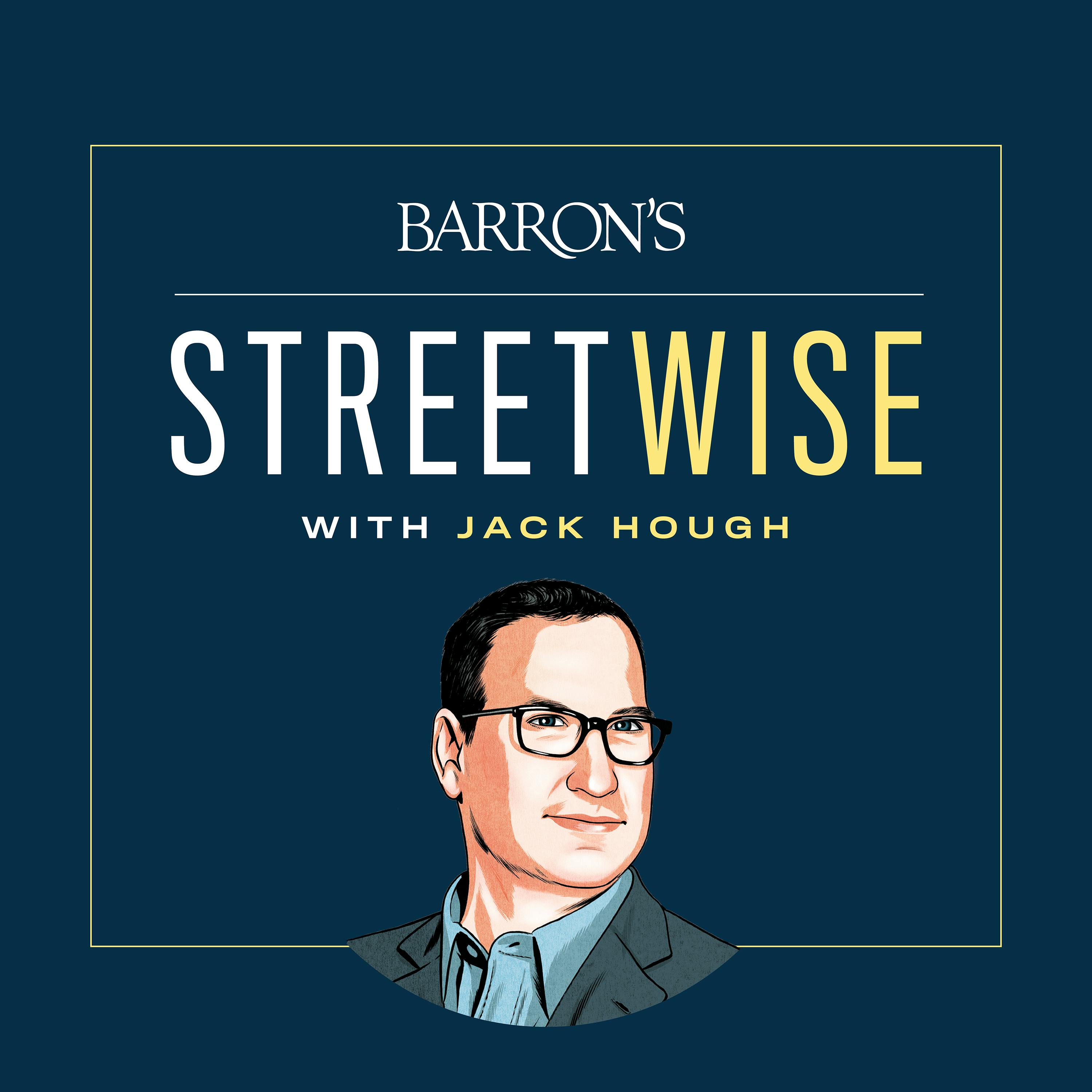We're sunsetting PodQuest on 2025-07-28. Thank you for your support!
Export Podcast Subscriptions
Southwest Airlines Turnaround Comes With Baggage
2025/4/4

Barron's Streetwise
A
Alexis Moore
C
Connor Cunningham
J
Jack Howe
Connor Cunningham: 我最近将西南航空的评级从卖出上调至持有。西南航空以往会在经济低迷时期利用其强大的资产负债表来扩张市场份额,但此次疫情期间的情况有所不同,因为所有航空公司都获得了政府的救助。此外,疫情期间飞行员、TSA人员和空中交通管制员的大量退休也给西南航空带来了挑战。西南航空在疫情后未能有效竞争,其网络也出现了问题。他们行动迟缓,未能及时调整其运营模式。
Connor Cunningham: 乘客的偏好发生了变化,免费行李等政策不再具有竞争力。航空公司可以通过信用卡和忠诚度计划获得更多收入。西南航空在这些方面表现不佳。
Connor Cunningham: 与其他美国国内航空公司相比,西南航空的表现尚可,但与达美航空和联合航空等拥有国际业务、大型忠诚度计划和企业旅行业务的航空公司相比,其表现逊色。
Connor Cunningham: 西南航空可以通过提供优质服务、加强忠诚度计划和争取企业客户来改善其盈利能力,同时仍然满足休闲旅客的需求。
Connor Cunningham: 航空公司主要通过高端舱位盈利,经济舱通常只能保本或略有盈利。乘客的偏好发生了变化,体验过高端舱位的乘客很难再回到经济舱。
Connor Cunningham: 西南航空取消了开放式登机政策,并引入了付费座位和高级座位选择,以提高收入。
Connor Cunningham: 西南航空需要调整其航线网络,以适应其产品变化。在竞争激烈的市场,他们可能需要减少航班,并在核心枢纽城市增加航班。
Connor Cunningham: 我之前看跌西南航空,是因为他们推出的一些举措存在不确定性,并且人员过剩,航线网络混乱,未能有效应对疫情后的休闲旅游需求下降。
Connor Cunningham: 目前,西南航空已经制定了计划,并进行了人员调整,这让我对他们的未来更有信心。
Connor Cunningham: 我认为西南航空的股票相对于其他航空公司来说仍然偏贵,但他们正在进行积极的股票回购计划。
Connor Cunningham: 西南航空是否需要与廉价航空公司竞争,这取决于其能否提供更高价值的服务。廉价航空公司也需要改变其商业模式,因为其成本已经大幅上升,而低价策略不再有效。西南航空拥有更强大的网络,这使其具有竞争优势。
Connor Cunningham: 目前,达美航空和联合航空是最好的航空公司,因为它们拥有强大的盈利能力和现金流。航空业今年面临着巨大的不确定性,导致市场情绪低迷。
Jack Howe: 西南航空在疫情期间亏损,并且未能利用其强大的资产负债表来扩大市场份额,因为政府对航空业进行了巨额补贴,导致竞争依然激烈。
Jack Howe: 西南航空面临着来自Elliott Investment Management的压力,后者要求公司进行变革,例如增加行李费和引入付费座位等。
Jack Howe: 西南航空股票表现优于其他大型航空公司,这可能是因为其开始收取行李费等,从而增加收入。
Jack Howe: 西南航空需要采取措施来应对其面临的挑战,并挽回其忠实客户。
Alexis Moore: 西南航空开始收取行李费让我很担忧,这标志着其放弃了以往的免费行李政策。
Alexis Moore: 西南航空正在失去其独特的品牌形象和文化,不再像以前那样有趣和与众不同。
supporting_evidences
Alexis Moore: 'I think, well, there's a couple things. One, baggage fees. Baggage fees. You used to get... two free checked bags, which was unheard of. And just last month, the company said it will be introducing baggage fees.'
Alexis Moore: 'I mean, there's just so many changes... I think like it had such a sheen when I was growing up, right? Like it was the fun airline.'
Jack Howe: 'Southwest turned a loss for the first time in 48 years. But more than that, it was not able to use its balance sheet to go out there and take market share because the downturn was so severe that the U.S. government bailed out airlines.'
Jack Howe: 'Last summer, a company called Elliott Investment Management announced a sizable stake in Southwest, and it began publicly agitating for change.'
Jack Howe: 'When I look at the stock this year so far, it looks like it's down single digit percent last I saw. But the other big U.S. airlines are down 30 to 40 percent.'
Connor Cunningham: 'So the preferences amongst travelers change and Yes, Southwest historically had bags fly free...'
Connor Cunningham: 'But if you compare them to Delta and United, who had opportunities on the international side, big loyalty programs, corporate travel, so on and so forth, they looked like they underperformed.'
Connor Cunningham: 'So Southwest has, they've gotten rid of the open boarding seating policy...'
Connor Cunningham: 'Yeah, I mean, when we were really negative on it, there was a lot of hope and prayer, I think, associated with a lot of these initiatives that they had rolled out a couple of years ago.'
Connor Cunningham: 'From my perspective, I think Delta and United remain best in breed.'
Deep Dive
This chapter explores Southwest Airlines' recent changes, including the introduction of baggage fees and assigned seating, and analyzes whether these moves are a strategic response to market pressures or a departure from the airline's original low-cost model. The discussion also touches upon the impact of these changes on customer loyalty and the airline's overall brand image.
- Southwest Airlines implemented baggage fees, ending its long-standing policy of free checked bags.
- The airline also transitioned to assigned seating with premium tiers.
- These changes mark a shift from Southwest's traditional low-cost model.
- The changes sparked concerns among long-time Southwest loyalists.
Shownotes Transcript
The low-cost carrier is adding fees and up-charges. Is it trying to mimic Spirit or Delta? And is the industry headed into a downturn?
Learn more about your ad choices. Visit megaphone.fm/adchoices)